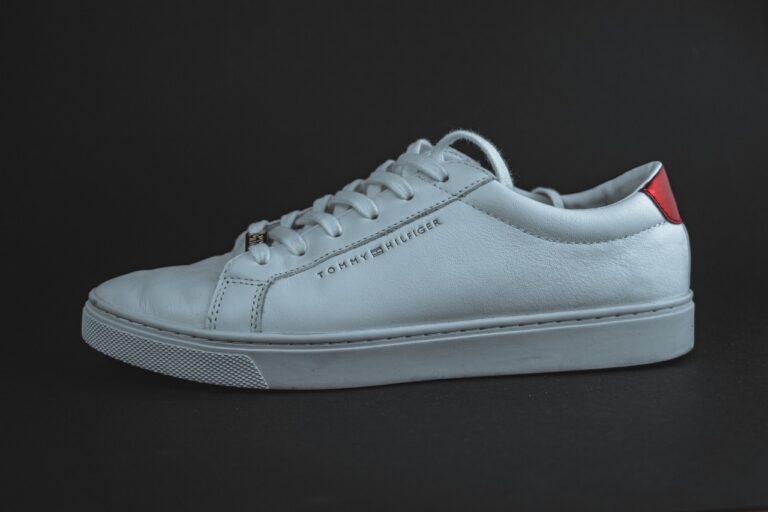Tailoring for Different Professions: Crafting Workwear Solutions
betbhai9 whatsapp number, play exch.in, lotus365.win new id: Tailoring for Different Professions: Crafting Workwear Solutions
It’s no secret that first impressions matter, especially in the professional world. Your choice of attire can convey a lot about your personality, professionalism, and attention to detail. This is why finding the right workwear solutions is crucial for individuals in various professions. Whether you’re a lawyer, doctor, chef, or construction worker, having clothing that is both functional and stylish is essential.
Tailoring for different professions involves understanding the unique needs and demands of each job. From the type of fabric used to the specific design details, workwear solutions can vary widely depending on the industry. Here are some key considerations for crafting tailored workwear solutions for different professions:
1. Understanding the Dress Code: Every profession has its own dress code requirements. For example, lawyers may need to wear formal suits, while chefs may need to wear durable, stain-resistant clothing. Understanding the dress code for your profession is the first step in creating tailored workwear solutions.
2. Fabric Selection: The type of fabric used in workwear can make a significant difference in comfort and durability. For professions that require a lot of movement, such as construction workers or healthcare professionals, breathable and stretchy fabrics are essential. On the other hand, professions that require a more formal look, like bankers or consultants, may opt for high-quality wool or cotton blends.
3. Fit and Comfort: Ill-fitting clothing can be a major distraction in the workplace. Tailored workwear solutions ensure that your clothing fits well and allows for ease of movement. A well-fitted outfit can boost confidence and make you feel more professional.
4. Functionality: Workwear should not only look good but also be functional. Pockets, reinforcements, and other design elements can make a big difference in the practicality of your clothing. For example, chefs may need apron loops or extra pockets for tools, while nurses may need easy-to-clean fabrics.
5. Professional Appearance: Your workwear should reflect your professionalism and expertise. Choosing classic styles and colors can help create a polished and put-together look. Avoid overly trendy or casual pieces that may not be appropriate for the workplace.
6. Personalization: Tailored workwear solutions can also include personalized touches, such as monograms or custom embroidery. These small details can add a unique touch to your clothing and make you stand out in a professional setting.
Crafting workwear solutions for different professions requires a deep understanding of the specific needs and requirements of each job. By focusing on factors such as dress code, fabric selection, fit, functionality, professionalism, and personalization, individuals can create workwear that is both practical and stylish.
FAQs
Q: How can I find a tailor who specializes in workwear solutions?
A: Look for tailors who have experience working with professionals in your industry. Ask for recommendations from colleagues or search online for reviews.
Q: What are some common misconceptions about tailored workwear?
A: One common misconception is that tailored workwear is only for high-ranking executives. In reality, tailored workwear solutions are beneficial for individuals in any profession.
Q: How can I maintain my tailored workwear?
A: Follow the care instructions provided by your tailor or on the garment tags. Dry cleaning, steaming, and proper storage can help prolong the life of your tailored workwear.
Q: Can I tailor my existing workwear?
A: Yes, many tailors offer alteration services to tailor your existing clothing to better fit your body and style preferences.







